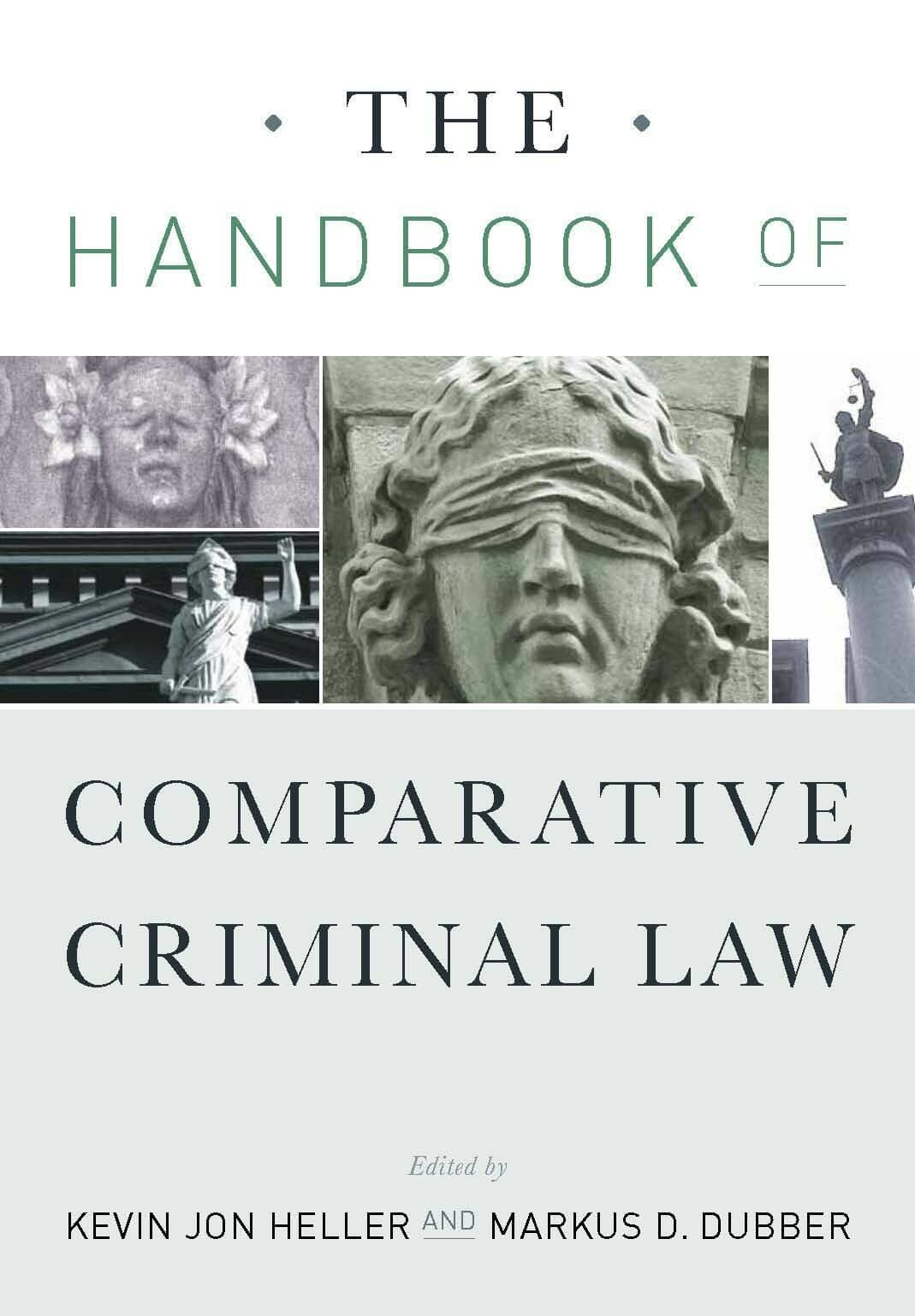Felony Murder

The felony murder doctrine is one of the most widely criticized features of American criminal law. Legal scholars almost unanimously condemn it as irrational, concluding that it imposes punishment without fault and presumes guilt without proof. Despite this, the law persists in almost every U.S. jurisdiction.
Felony Murder is the first book on this controversial legal doctrine. It shows that felony murder liability rests on a simple and powerful idea: that the guilt incurred in attacking or endangering others depends on one's reasons for doing so. Inflicting harm is wrong, and doing so for a bad motive—such as robbery, rape, or arson—aggravates that wrong. In presenting this idea, Guyora Binder criticizes prevailing academic theories of criminal intent for trying to purge criminal law of moral judgment. Ultimately, Binder shows that felony murder law has been and should remain limited by its justifying aims.
"Given the practical importance of the felony murder doctrine, Binder's careful consideration of how the rule might be best reformed and administered is of the utmost urgency. Felony Murder is a remarkably significant work of substantial policy import."—Mark Kelman, Stanford University
"Guyora Binder's exploration of the historical and doctrinal subtleties of the felony murder rule is lucid and brightly illuminating. He defends an arresting but largely persuasive thesis: The rule, while inconsistent with a cognitive conception of culpability, is consistent with an expressive conception, so long as the rule is sensibly confined to its most convincing rationales. Any serious discussion of the felony murder doctrine must henceforth confront Binder's penetrating arguments."—Kenneth Simons, Boston University
"Felony Murder dismantles a mythological history that has long shaped criminal law teaching and anchored modern criminal law theory. In doing so, Guyora Binder opens a path to a fundamentally new way of understanding the role of criminal law in contemporary society. Truly one of the outstanding contributions to criminal law theory in our time."—Jonathan Simon, University of California, Berkeley




